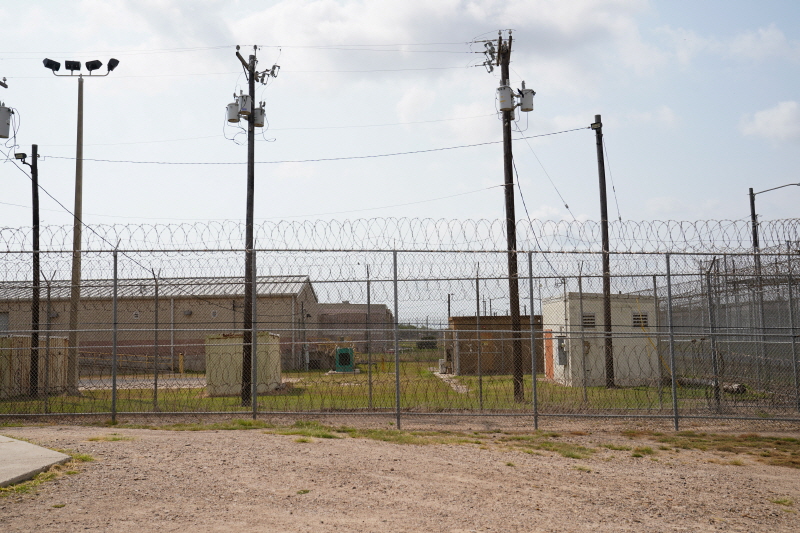A large-scale detention facility for undocumented immigrants is expected to be built near San Francisco.
In August, the U.S. Immigration and Customs Enforcement (ICE) reportedly inquired about the contract terms for this site with the California state government. The possible facility, located two hours from San Francisco, is said to have the capacity to accommodate around 950 detainees.
“ICE has identified a need for immigration detention services within the Western U.S. area of responsibility,” ICE spokesman Richard Beam wrote in an email to CalMatters. “The proposed services are part of ICE’s effort to continually review its detention requirements and explore options that will afford ICE the operational flexibility needed to house the full range of detainees in the agency’s custody.”

According to research by Syracuse University, approximately 38,000 detainees are currently held in related detention facilities nationwide, with about 3,000 detained daily in California alone.
In addition to its own managed facilities, ICE contracts with private detention centers to house approximately 80% of deportation detainees. The stock prices of these facilities have been on the rise since Donald Trump’s victory in the recent election. It is estimated that six private detention centers in California have the capacity to house around 7,100 detainees.
Major immigration advocacy organizations and Democrats have described this move by ICE as part of the Trump administration’s broader border enforcement policy, preparing for mass deportations.
California State Senator María Elena Durazo (LA) pointed out that the expansion of detention facilities for undocumented immigrants would likely have a negative economic impact and raised concerns about the safety and health of detainees, especially in private detention centers.
However, state officials have few options to block such efforts. California Attorney General Rob Bonta commented that the issue is under federal jurisdiction, and even if the state opposes the facility, it is unlikely to be accepted by federal courts.
BY BRIAN CHOI, YOUNGNAM KIM [kim.youngnam@koreadaily.com]




